
FREE SHIPPING TO U.S. AND PUERTO RICO FOR ALL ORDERS $100 AND OVER!
We are unable to accept returns on any products or test kits. All sales are final.
By visiting our site, you agree to our privacy policy regarding cookies, tracking statistics, etc. Read more
FREE SHIPPING TO U.S. AND PUERTO RICO FOR ALL ORDERS $100 AND OVER!
We are unable to accept returns on any products or test kits. All sales are final.
FREE SHIPPING TO U.S. AND PUERTO RICO FOR ALL ORDERS $100 AND OVER!
We do not currently ship internationally.
Nearly everyone feels sad or discouraged from time to time; these emotions are part of the ordinary ups and downs we experience throughout our lives. Such feelings usually dissipate after a day or two, and they do not affect our ability to function normally.
Many people, however, experience intense feelings of sadness or hopelessness that do not go away after just a few days.
These feelings can last for weeks, months, or even years; they may be accompanied by physical discomfort or illness, lack of interest in pursuits that used to be enjoyable, and an inability to perform ordinary activities in a normal fashion.
Chances are good that someone who is experiencing these symptoms may be suffering from depression. Also known as clinical or major depression, it is not simply an emotional problem. Depression is an imbalance of the chemicals in our brains which regulate our thoughts and moods. It is a disease which is physiological in nature, and it can be treated very effectively.
Historically, many people have been reluctant to seek medical help for symptoms of depression. They may feel that their symptoms are a sign of weakness, or that they are just “worrying too much,” or that they will eventually feel better on their own. Depression can also make people feel isolated; they may believe that no one would be interested in their problems.
But the truth is, depression does not go away on its own. People with depression are not weak, and they are not “worriers.” They have a disease which can be treated, and in most cases, cured. If you are experiencing any of these symptoms, you do not have to continue to suffer. There are many depression treatment options available, and most people who are being treated for depression begin to feel better within a few weeks.
Brain imaging of patients with depression has shown abnormal activity in the areas of the brain that control mood, behavior, and thought. The areas which regulate sleep patterns and appetite are also affected. Depression is a complex disorder, and doctors have not yet been able to determine a precise cause; however, it is believed that depression is influenced by the interactions of various biological, medical, and environmental factors.
There is a great deal of evidence that genetics play a significant role in depression. The predisposition for depression appears to be hereditary, as the disease shows a tendency to run in families (although there are many people with depression who have no family history of depressive episodes). Researchers are working to isolate the genetic components which cause the abnormalities in brain function seen in patients with depression, but a specific gene responsible for the disorder has not yet been identified.
Our thoughts and moods are regulated by chemicals called neurotransmitters, which serve as messengers between the nerves in our brains and bodies. Studies have shown that people with depression have a smaller number of receptors in their brains for the neurotransmitter serotonin, which has a calming effect on our bodies when present at normal levels; norepinephrine, another neurotransmitter, is also thought to be a factor in depression.
Cortisol, the “stress” hormone, is often present at higher levels in patients with depression than in those who have never experienced the disorder. Whether cortisol is a factor in causing depression or a result of having depression is not yet understood.
Deficiencies in the hormone estrogen have been associated with depression, especially in menopausal or post menopausal women, or those who have recently given birth. Low levels of testosterone may also factor into depression in men.
In addition to the biological elements linked to depression, there are a number of medical factors associated with the disorder.
Patients with serious or chronic illnesses (such as cancer, HIV/AIDS, diabetes, multiple sclerosis, kidney or heart disease) may have an increased likelihood of suffering from depression. Medical professionals have observed that depression can aggravate other illnesses, as well, making them more difficult to treat.
Certain types of medications appear to cause depressive symptoms; these include barbiturates, beta-blockers, corticosteroids, and opioids (painkillers) such as morphine and codeine.
The thyroid gland produces various hormones that affect many of our metabolic functions. A condition known as hypothyroidism, in which the thyroid gland produces insufficient amounts of necessary hormones, can cause chemical imbalances that influence depression.
While there are hereditary and medical aspects that influence depression, depressive episodes are often set off by environmental triggers. Most of us periodically face stressful and difficult situations, but people with characteristics that predispose them to depression may experience these circumstances differently. When they are faced with divorce or difficulties in a relationship, the loss of a loved one, a traumatic event, or financial or job-related stress, these events may cause an episode of depression. People who have experienced one or more periods of depression, however, may suffer another depressive episode with no obvious external trigger.
Women who have recently given birth may experience symptoms of depression, as well. It is normal for women to have the “baby blues” for a short time after giving birth; however, a woman who has an extended period of depressive symptoms, including doubts about her ability to mother her child or fear for her infant, may be suffering from post-partum depression. This is relatively common and may have to do with the hormonal changes that occur after birth. Like depression, post-partum depression does not go away on its own and requires treatment and support for the mother.
Substance abuse has been linked to a high incidence of depression; many people who abuse drugs or alcohol also suffer from depression or other mental health disorders.
Symptoms of depression vary depending on the patient, but there are a number of common warning signs.
If you or someone you love has any of these symptoms, the problem could be depression. It is important to seek treatment as soon as possible; the sooner that depression is treated, the greater the chances of eliminating the symptoms and preventing them from recurring.
If you suspect that you may have depression, various laboratory depression tests can help you to pinpoint what might be the cause.
Dietary deficiencies are known to factor to depression. A number of vital nutrients influence our thoughts and moods; the B vitamins, calcium, magnesium, iron, and vitamin C, to name a few, are all important to our health and well-being. Deficiencies in these vitamins and minerals have been shown to cause symptoms of depression.
We all know that a healthy diet is critical to maintaining good physical health; the same thing applies to mental health. While a nutritionally sound diet is tremendously important, it can be difficult to get all the nutrients we need from the food that we eat. It is often necessary to use supplements to make up for dietary elements that our bodies lack.
If depression is affecting your ability to enjoy life and maintain a sense of well-being, some basic changes in your lifestyle may help you to feel better.
Antidepressants can be effective in treating depression, but many of them also produce unpleasant or dangerous side effects. There are natural remedies that can combat depression without the problems caused by conventional antidepressants. Depression supplements and herbal depression remedies can increase the brain’s supply of serotonin, dopamine, norepinephrine and other brain chemicals that affect one’s mood.
Check out our depressed mood support supplements and lab tests below.
Showing 1–24 of 85 results
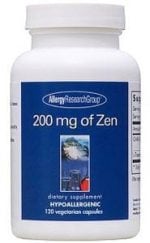
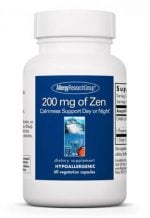
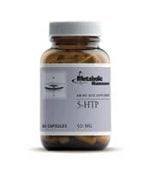
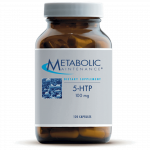
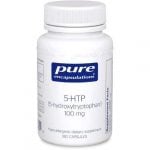
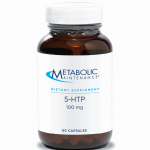
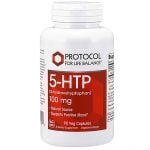
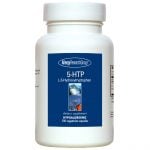
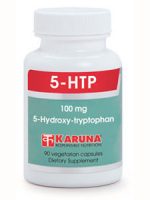
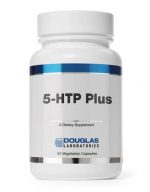
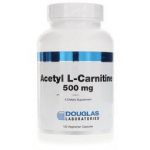
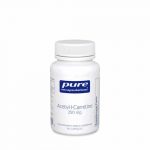
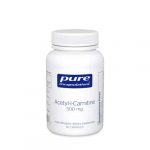


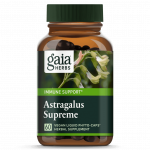
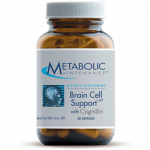
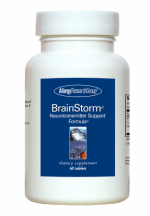
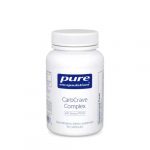
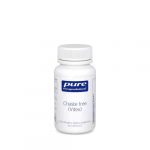
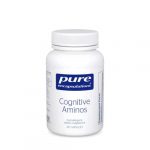
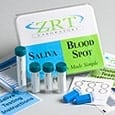
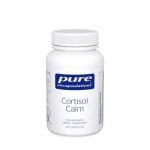
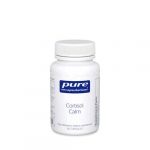
This site is protected by reCAPTCHA and the Google Privacy Policy and Terms of Service apply.